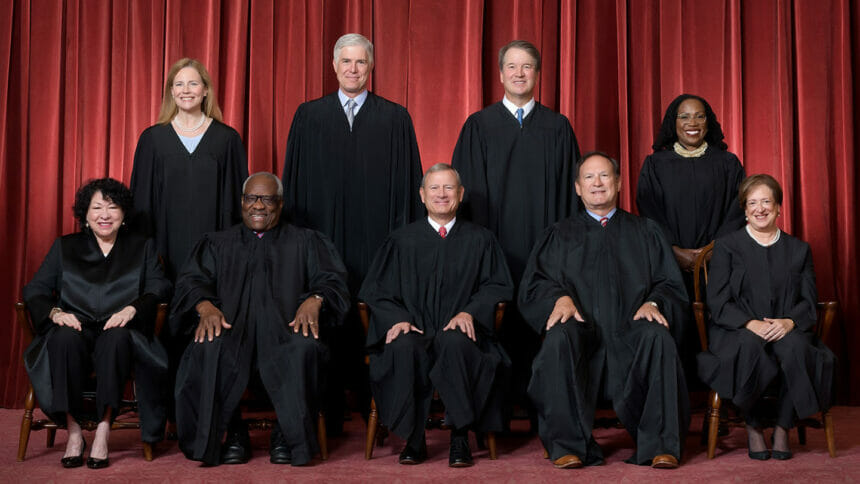
In a pair of consolidated cases, the Supreme Court unanimously ruled Thursday that liability in False Claims Act suits depends on whether the defendants believed that their claims were false, not on whether they had made an “objectively reasonable” interpretation of law or regulation. The cases hinged on whether a defendant’s subjective knowledge of the law is equal to objective knowledge in filing a false claim.
It comes down to the defendant’s subjective intent in submitting a claim rather than what the law objectively states, McGuireWoods partner Michael Podberesky told the McKnight’s Business Daily.
Podberesky is a former Justice Department attorney in the Civil Fraud section. He led teams investigating and litigating complex FCA and kickback cases, primarily in the healthcare sector.
“This is a clear, unambiguous, unanimous win for the government and relators,” he said.
Providers can protect themselves from False Claims Act lawsuits by performing due diligence and consulting with counsel when making claims, Podberesky noted.
The cases fell under the FCA whistleblower provision — the oldest whistleblower regulation on the books, dating back to the Civil War — which rewards whistleblowers who confidentially disclose fraud that results in a financial loss to the federal government.
“In the joined cases, the plaintiffs, whistleblowers suing on behalf of the government under the FCA’s qui tam provision, alleged that SuperValu and Safeway, which operate hundreds of retail drug pharmacies nationwide, violated the FCA by overcharging Medicare, Medicaid and the Federal Employee Health Benefits Program for prescription drugs,” SCOTUSblog reported.
To be liable under the FCA, a defendant knowingly must make a false claim to the government. That’s not making a simple mistake, such as recording the date incorrectly, according to Podberesky. The issue here is that the two pharmacies being sued objectively knew what was expected but chose to subjectively interpret the law in their own best interests by reporting medication prices as “usual and customary,” according to Justice Clarence Thomas, rather than reporting prices that were temporarily discounted.
Podberesky noted that the Supreme Court ruled solely on the False Claims Act accusations in the lawsuits. The cases have been remanded to the 7th Circuit for further proceedings consistent with the FCA scienter standard ruling.



